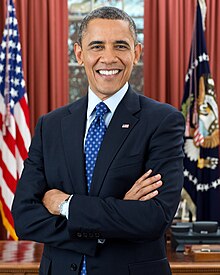Isaac Newton
| Sir Isaac Newton | |
|---|---|

Portrait of Newton in 1689 by Godfrey Kneller
| |
| Born | 25 December 1642 [NS: 4 January 1643][1] Woolsthorpe, Lincolnshire,England |
| Died | 20 March 1726/7 (aged 84) [OS: 20 March 1726 NS: 31 March 1727][1] Kensington, Middlesex, England |
| Resting place | Westminster Abbey |
| Nationality | English |
| Fields |
|
| Institutions | |
| Alma mater | Trinity College, Cambridge |
| Academic advisors | |
| Notable students | |
| Known for | |
| Notable awards | FRS (1672)[5] |
| Signature | |
| Life of Isaac Newton |
|---|















